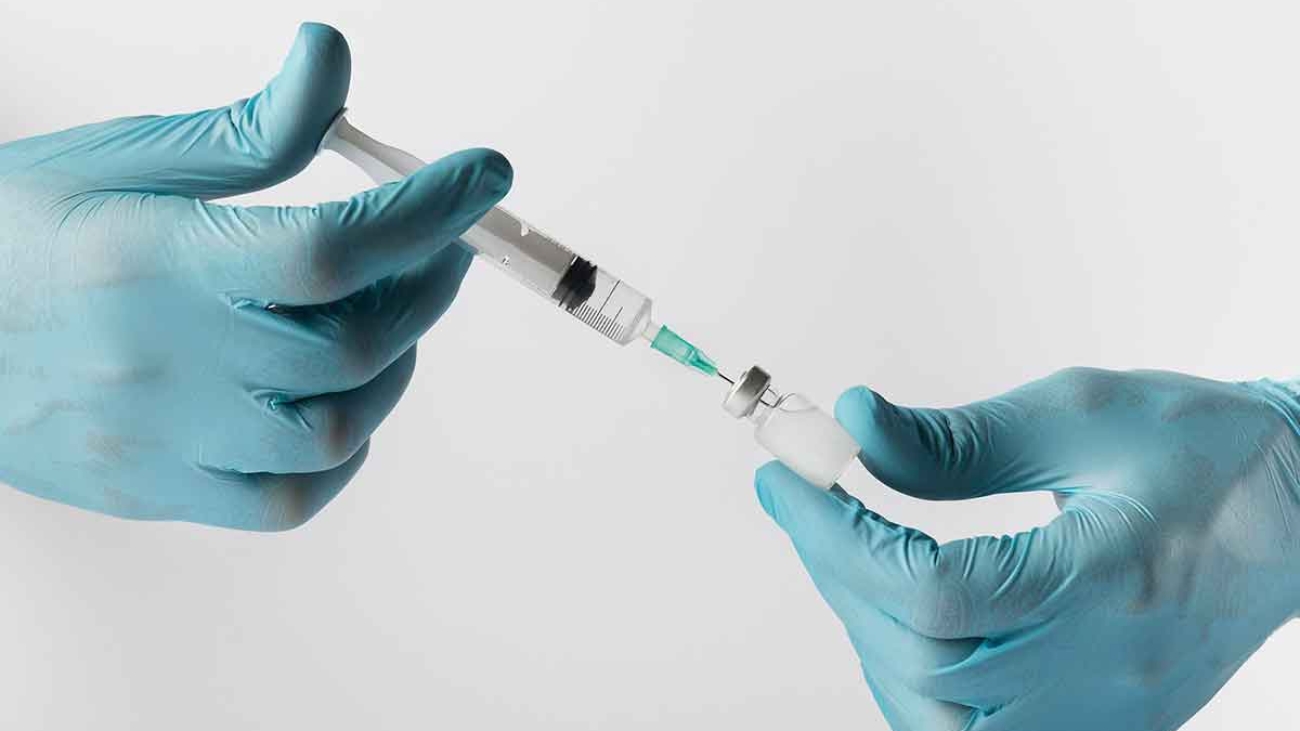Right after the birth of a child, the body of the child is injected with a number of vaccines. Ever wondered why? Vaccines are given to children as a preventive treatment for certain medical diseases. They help your body build up protection against deadly diseases whenever you are exposed to it.
What are the different types of vaccines a child is given?
All babies should be given the first shot of the hepatitis B vaccine within the first 12 hours after birth followed by other vaccines that are given during the course of 6 months to 2 years.
Some variations are normal, and recommendations change as new vaccines are developed. As a pediatrician, Tisya Clinic guides you to the right vaccinations and schedule for your child.The following vaccinations are recommended by the WHO.
Recommended vaccinations:
- Chickenpox
- Diphtheria, Tetanus & Pertussis
- Hepatitis A
- Hepatitis B
- Hiv Vaccine
- Human Papillomavirus
- Influenza virus
- Measles, Mumps, and Rubella vaccine
- Meningococcal vaccine
- Pneumonia vaccine
- Polio
- Rotavirus
Important points to keep in mind-
- Parents should try to have their children vaccinated according to the schedule provided by their pediatrician. A slight delay in vaccination can risk the children of serious diseases.
- If children miss a vaccine dose, parents should talk to their pediatrician about catching up with the schedule.
- Vaccination should not be delayed even if the child has a slight fever resulting from a mild infection, such as an ordinary cold & flu.
Post-vaccination
Sometimes children get mild reactions from vaccines, such as fever, rashes, pain at the injection site, etc. These are common and fades away in a few hours or days.
- Read the Vaccine Information Sheet your pediatrician gave you to learn about side effects your baby may experience.
- Swaddle your baby in a cozy garment to soothe.
- Offer breastfeeding. It is normal for some babies to eat less during the 24 hours after getting vaccines.
- Pay extra attention to your baby for a few days. If you see something that concerns you, call your pediatrician.

